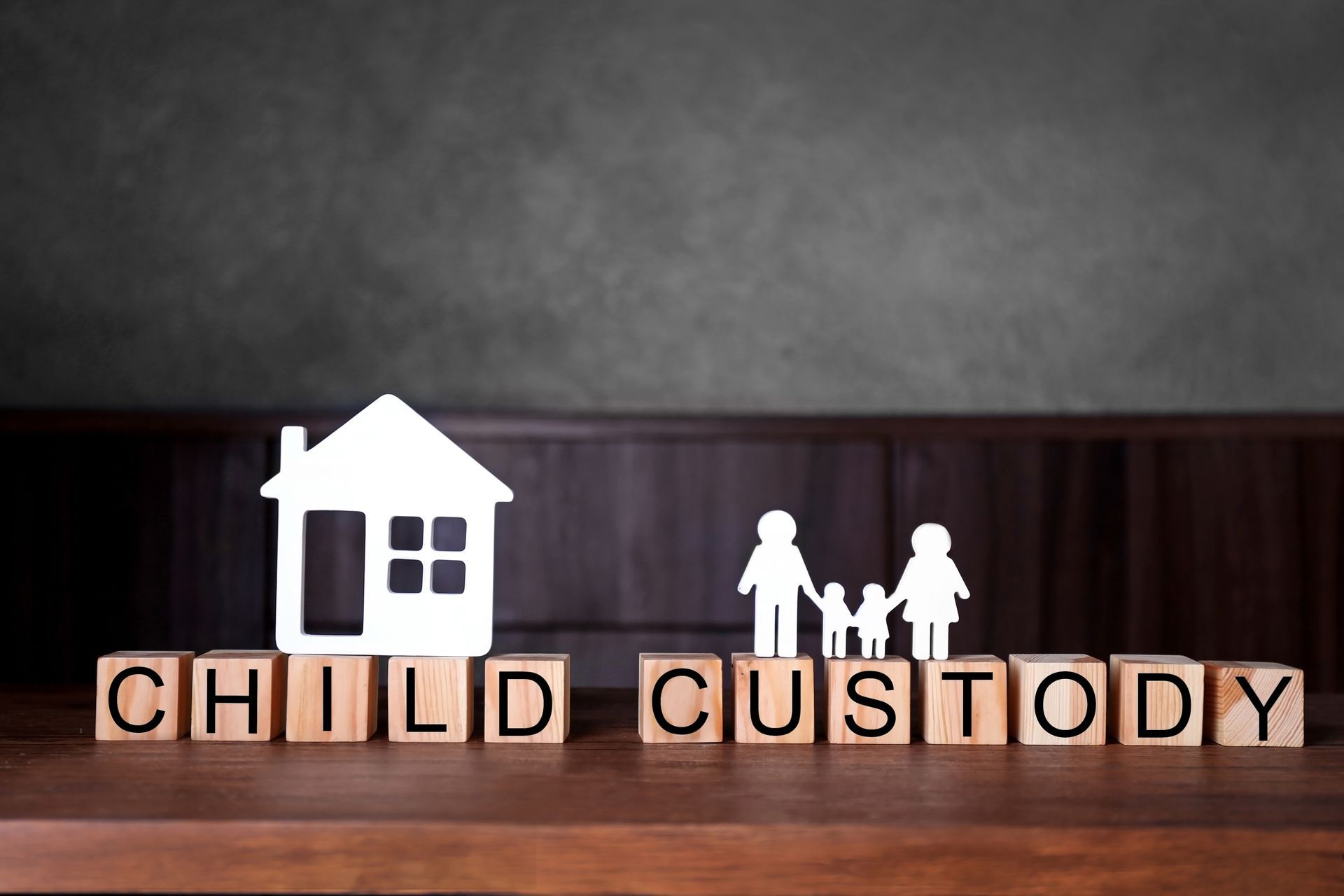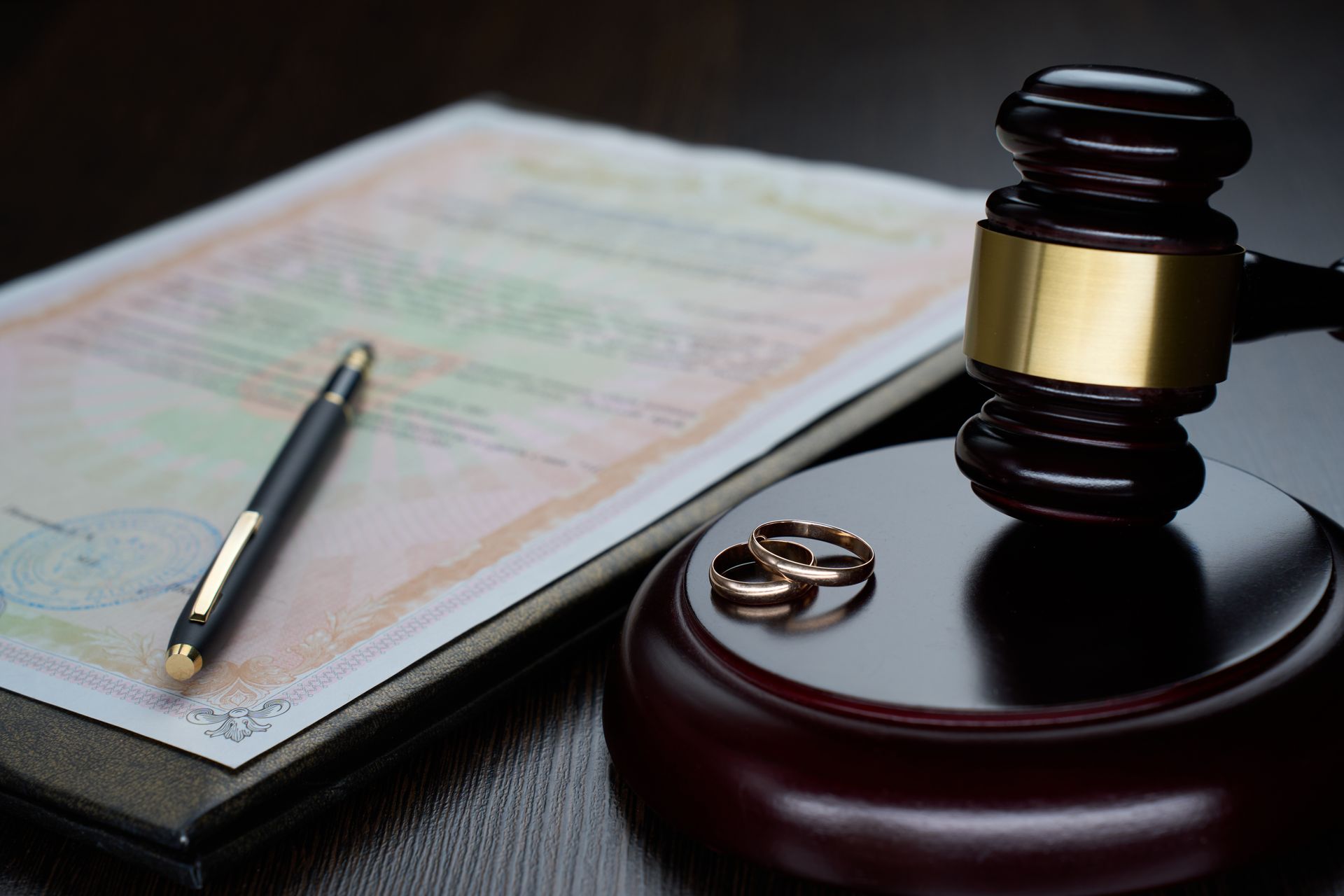Understanding Child Custody Laws in Pennsylvania: What Every Parent Needs to Know
If you're going through a separation or divorce and have children, child custody is likely one of your biggest concerns. Pennsylvania’s custody laws can be complex, especially when emotions are high and families are adjusting to a new normal. Whether you're trying to create a custody agreement or preparing for court, it's important to understand how custody decisions are made and what your options are.
This article is not legal advice. Every situation is different, and custody cases often involve factors that need to be reviewed by a qualified family law attorney. If you're in Allegheny County or the surrounding areas, Gaydos Law helps families navigate these matters and can offer guidance specific to your case.
Types of Child Custody in Pennsylvania
There are two main types of custody in Pennsylvania: legal custody and physical custody. Legal custody refers to the right to make important decisions about your child’s life, including education, healthcare, and religious upbringing. Physical custody refers to where the child lives and how much time they spend with each parent.
Both types of custody can be shared or awarded to one parent. Shared custody means both parents have some level of responsibility and involvement. Sole custody means only one parent has those rights or responsibilities. Courts generally favor arrangements that encourage ongoing involvement from both parents, unless there’s a reason that wouldn’t be in the child’s best interest.
How Custody Is Decided in Pennsylvania
When parents can’t agree on custody arrangements, the court steps in to make the decision. Judges don’t automatically favor one parent over the other. Instead, they evaluate what’s in the best interest of the child. This is a legal standard that takes many factors into account, including:
- The child’s relationship with each parent
- Each parent’s ability to provide a stable home environment
- Any history of abuse or neglect
- The willingness of each parent to encourage a relationship with the other
- The child’s preferences, depending on age and maturity
- Proximity of the parents’ homes and the logistics of school, work, and care
These are just a few of the factors courts consider. Every case is different, and the outcome depends on the specific facts and evidence presented.
The Importance of a Custody Agreement
Parents are encouraged to work together to create a custody agreement without going to trial. This can save time, reduce stress, and give both sides more control over the outcome. A good custody agreement outlines legal custody, physical custody, a visitation schedule, and how holidays, vacations, and other events will be handled.
Once both parties agree, the court must approve the agreement. If it’s found to be in the child’s best interest, it will become a legally binding court order. If circumstances change down the line, either parent can request a modification.
Working with an experienced family law attorney during this process can help ensure your agreement is thorough and enforceable. Gaydos Law has helped many families in Allegheny County and beyond develop clear, fair custody arrangements that reflect their child’s needs.
What Happens If Custody Is Violated
Once a custody order is in place, both parents are expected to follow it. Violating the terms can lead to legal consequences. This may include being held in contempt of court, losing visitation time, or facing other penalties. If you believe the other parent is not following the order, it’s important to document the violations and speak with an attorney.
Likewise, if a situation arises where you need to change the terms—such as a move, job change, or concern for the child’s safety—it’s important to request a formal modification rather than take matters into your own hands. The court can review the request and decide whether the change is justified.
Temporary Orders and Emergency Custody
There are situations where one parent may request temporary or emergency custody. These are often used during the early stages of a separation or when immediate action is needed to protect a child. In these cases, a judge may issue a short-term order that remains in place until a full hearing can be held.
To pursue emergency custody, you’ll need to demonstrate that the child is at risk of harm. This is a serious claim and should only be made when truly warranted. Filing false or exaggerated claims can backfire and negatively affect your case.
If you believe your child is in danger, contact local authorities and speak with a family law attorney right away. Gaydos Law can help you understand your options and file any necessary emergency paperwork in accordance with Pennsylvania law.
Do Grandparents or Third Parties Have Custody Rights in Pennsylvania
In some cases, people other than the child’s parents may seek custody. Pennsylvania allows grandparents and certain third parties to request custody or visitation if they meet specific criteria. This usually involves proving that they’ve had a significant role in the child’s life or that the child would suffer harm without their involvement.
These cases can be emotionally charged and legally complex. Courts will still apply the best interest standard and may require evidence showing why the child would benefit from continued contact or placement with someone other than a parent.
If you're a grandparent or another caregiver seeking custody or visitation, it's important to consult a family law attorney who understands Pennsylvania’s custody statutes. Gaydos Law can help assess your eligibility and walk you through the process.
Modifying a Custody Order
As children grow and circumstances change, a custody order may need to be adjusted. You can request a modification if there’s been a significant change in circumstances, such as:
- A parent moving to a new location
- Changes in the child’s school or medical needs
- One parent becoming unavailable due to work or health issues
- Allegations of abuse or neglect
The court will review the request and determine whether the proposed change is in the best interest of the child. Keep in mind that the process can take time, and you’ll need to provide evidence to support the request.
Having legal representation can help make your case stronger and avoid common mistakes. The attorneys at Gaydos Law know what judges look for and can help present your situation clearly and effectively.
Navigating Custody with Legal Help
Custody issues can be some of the most stressful and emotional legal matters a family faces. It’s not just about paperwork and court appearances. It’s about your relationship with your child and their well-being.
You don’t have to go through it alone. Working with a family law attorney gives you the support and knowledge you need to protect your rights and advocate for your child. Whether you're just starting the process, revisiting an old order, or responding to a sudden change, legal guidance can make a major difference in the outcome.
Gaydos Law represents parents in White Oak, Pittsburgh, and throughout Allegheny County. Their team understands the local courts, the laws that apply, and the personal toll these matters can take. If you have questions about child custody, scheduling a consultation is a good first step toward clarity.
This article is for general information only and is not legal advice. To speak with an experienced custody attorney, contact Gaydos Law directly.














